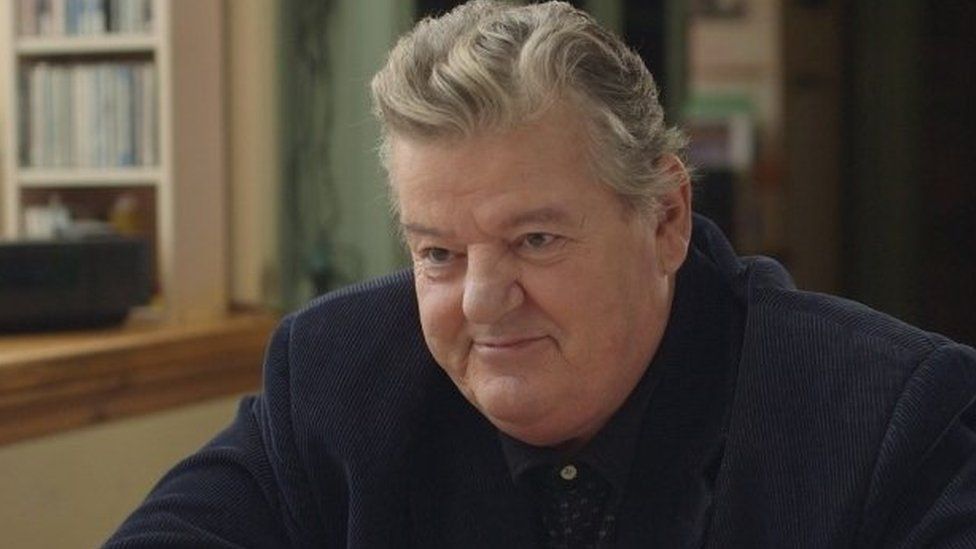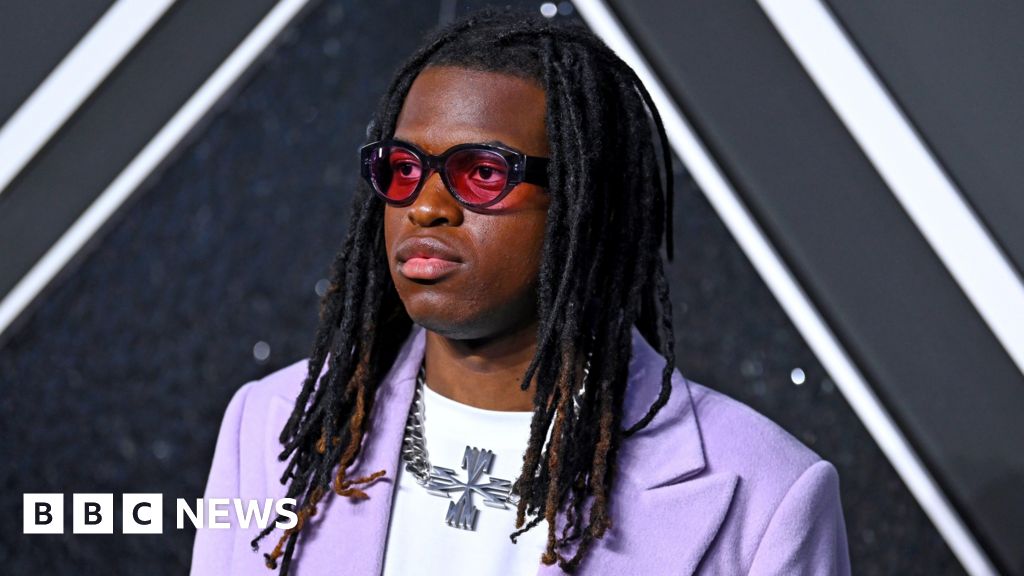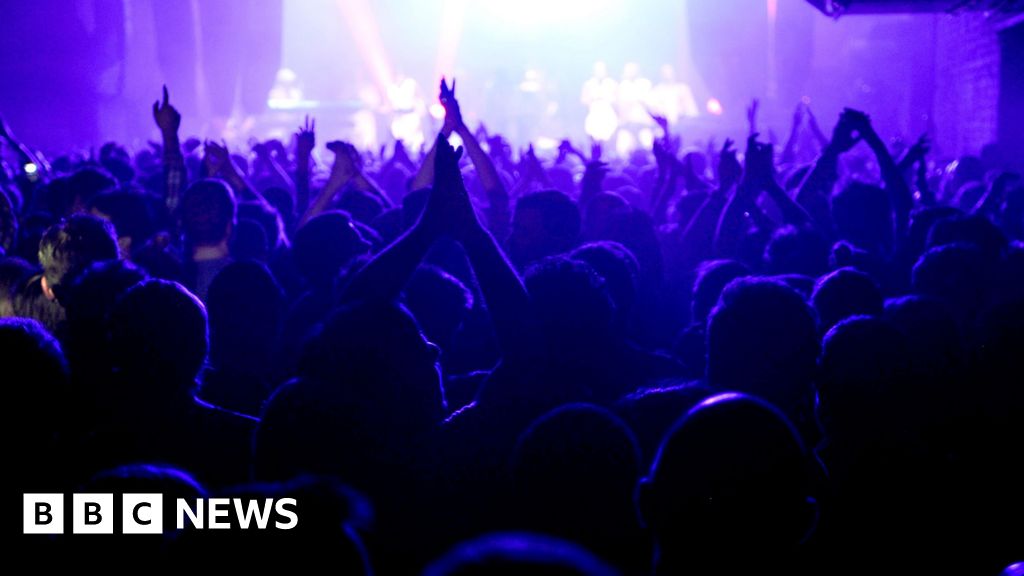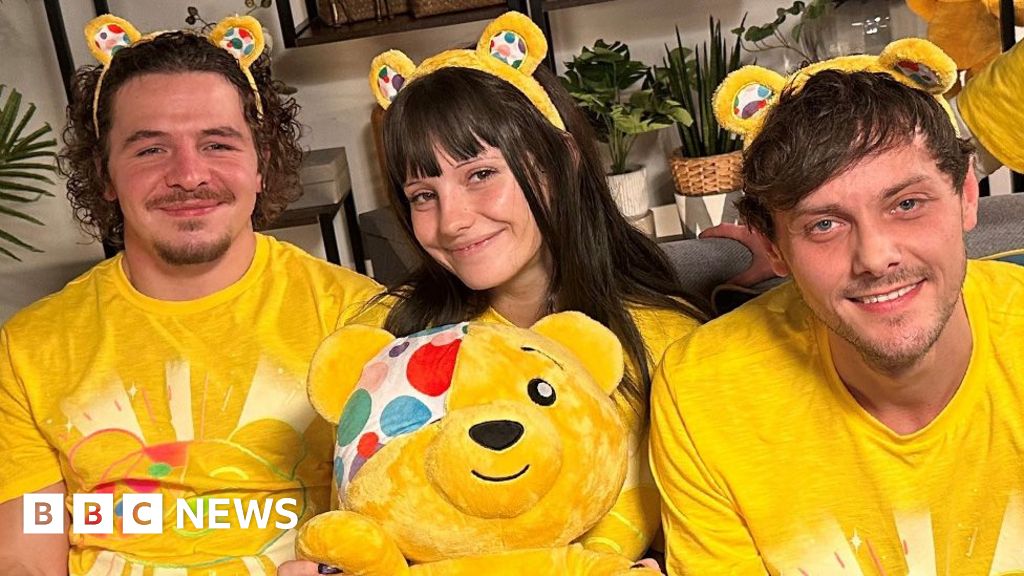ARTICLE AD BOX

Robbie Coltrane, who has died at the age of 72, became an international star as the giant Hagrid in the Harry Potter films.
But his reputation in the UK had already been sealed, notably as the chain-smoking forensic psychologist Fitz in Cracker - one of a number of compelling and larger-than-life characters he made his own.
He cut his teeth in stand-up comedy before branching out into films and television, comfortably fitting into both funny and dramatic roles.
And he later rebelled against his middle-class upbringing and fought a well-publicised battle with alcohol addiction.
He was born Anthony Robert McMillan in Rutherglen on the outskirts of Glasgow on 30 March 1950.
His parents were both Calvinists. His mother was a teacher, while his father, a doctor, also worked part-time as a police surgeon.
Coltrane later claimed that his father was so busy, he hardly spoke to his son until he was six. He died of lung cancer when Coltrane was still a teenager.
Coltrane (top right) with the cast of A Kick Up The Eighties
His mother introduced him to literature and music, and he recalled lying under the piano while she played.
He was sent to Glenalmond public school in Perthshire, sometimes dubbed the Scottish Eton, where he began to kick against authority.
"I didn't accept the hierarchy, basically," he later told the Guardian. "You've crossed the quad and you've got your hands in your pockets. That's not very good, is it?
"But I'm very lucky because I was a big, strong boy. It's essentially survival of the fittest and I was one of the fittest, so I have no complaints."
Artistic training
The experience later led him to call for the banning of all public schools, and fostered his love of left-wing causes, earning the nickname Red Robbie.
He was threatened with expulsion after hanging the prefect's gowns on the clock tower, but applied himself enough to gather a reasonable education, and his size gained him a place in the school's rugby XV.
When he left school, he enrolled at Glasgow Art School, where he was teased for the posh voice he had laboriously adopted at Glenalmond, so he quickly reverted back to his native Glaswegian accent.
Tutti Frutti documented the tale of an a dysfunctional rock and roll band
He opted to study painting. Although he quickly realised he'd never excel, he persevered through to his graduation.
"It was a horrible feeling. The ideas were not there on the canvas at all."
By then, he'd decided film was where he wanted to be. In 1973, his documentary, Young Mental Health, was voted film of the year by the Scottish Education Council.
He was a jazz aficionado and adopted the stage name Coltrane in tribute to John Coltrane, the renowned saxophonist.
Serious roles
He began mixing with actors in Glasgow, taking part-time jobs while appearing on the Edinburgh Fringe and with a number of small theatre groups.
There were small parts in films, including appearances in Flash Gordon and Lindsay Anderson's black comedy Britannia Hospital.
He also featured in the TV series The Comic Strip Presents, which launched the careers of a host of comedy stars including Rik Mayall, Adrian Edmondson and Jennifer Saunders.
Image source, Rex Features
Image caption,Mona Lisa saw him break through as a straight actor
Arguably his big break as a straight actor came when he was cast in the 1986 Neil Jordan film Mona Lisa alongside Bob Hoskins.
For the next few years, his career see-sawed between comedy and more serious roles.
There was Tutti Frutti, in which he played the lead singer of The Majestics, a chaotic Scottish rock 'n' roll band, and a hilarious performance as Samuel Johnson in Blackadder.
He also played Falstaff in Kenneth Branagh's film version of Henry V.
Film failures
But, off stage, things were getting out of hand. He was struggling with alcohol addiction, and his friends worried that he had developed a self-destructive streak.
"Booze is my undoing. I can drink a gallon of beer and not feel the least bit drunk," he said.
His long on-off relationship with artist Robin Paine, who he had met at art school, also ended at this time after she felt unable to cope with his lifestyle.
Image source, Itv/rex
Image caption,He excelled as the hard drinking, hard gambling Fitz in Cracker
The failure of two films, Nuns on the Run and The Pope Must Die, helped persuade him to turn away from comedy.
He did that in some style with Cracker, which first aired on ITV in 1993. The writer, Jimmy McGovern, had wanted actor Robert Lindsay for the role, but he was committed to other projects.
The role of the criminal psychologist Dr Edward "Fitz" Fitzgerald could have been made for Coltrane. His character, like Coltrane, was addicted to alcohol, sarcastic, occasionally foul-mouthed and not a little manic.
The series was a huge hit and Coltrane's performance won him three consecutive Bafta Awards.
Mafia boss
His personal life was also beginning to achieve some stability. He met an 18-year-old student, Rhona Gemmel, and withdrew to a remote farmhouse near Loch Lomond, where they raised two children. The couple married in 1999.
"You can't live the life of an existential hero and be a good father," Coltrane remarked.
He also managed to get his drinking, which had contributed to his excessive weight, under control.
Image source, Ronald Grant Archive
Image caption,He was JK Rowling's first choice to play Hagrid in the Harry Potter films
In 1995, he played Valentin Dmitrovich Zukovsky, the Russian Mafia boss in the James Bond film Goldeneye, reprising the role four years later in The World Is Not Enough.
When casting began for the first Harry Potter film in 2000, JK Rowling insisted that Coltrane be given the part of Hagrid, the genial but somewhat indiscrete giant.
"Robbie is just perfect for Hagrid because Hagrid is a very loveable character, quite likeable, quite comic," the author said. "But he had to have - you really do have to sense - a certain toughness underneath, and I think Robbie does that perfectly."
Coltrane was nominated for a Bafta for Harry Potter and the Philosopher's Stone, and went on to play the role throughout the rest of the films.
Serious responsibility
It was while filming the third Harry Potter film that his marriage to Rhona foundered.
The break-up affected him badly and his problems with alcohol, depression and his weight re-emerged, forcing him to seek professional help.
Hagrid made him famous across the world and something of a role model for the film's young fans.
Image source, Rex Features
Image caption,He had a passion for classic cars
"Kids come up to you and they go, 'Would you like to sign my book?' with those big doe-eyes. And it's a serious responsibility."
In 2012, he appeared in Mike Newell's film of Great Expectations as Mr Jaggers, the lawyer who looks after Pip's affairs.
He also indulged his passion for classic cars, piloting his Jaguar XK150 around the UK in the TV programme Robbie Coltrane's B Road Britain.
Another Bafta nomination came his way for one of his last major roles, playing a TV host accused of rape in Channel 4's National Treasure.
And he became a little emotional as he got back together with his Harry Potter co-stars in the franchise's televised reunion, which aired earlier this year. It has now become his screen swansong.
"The legacy of the movies is that my children's generation will show them to their children," he said.
"So you could be watching it in 50 years time, easy. I'll not be here, sadly. But Hagrid will, yes."

 2 years ago
32
2 years ago
32








 English (US)
English (US)